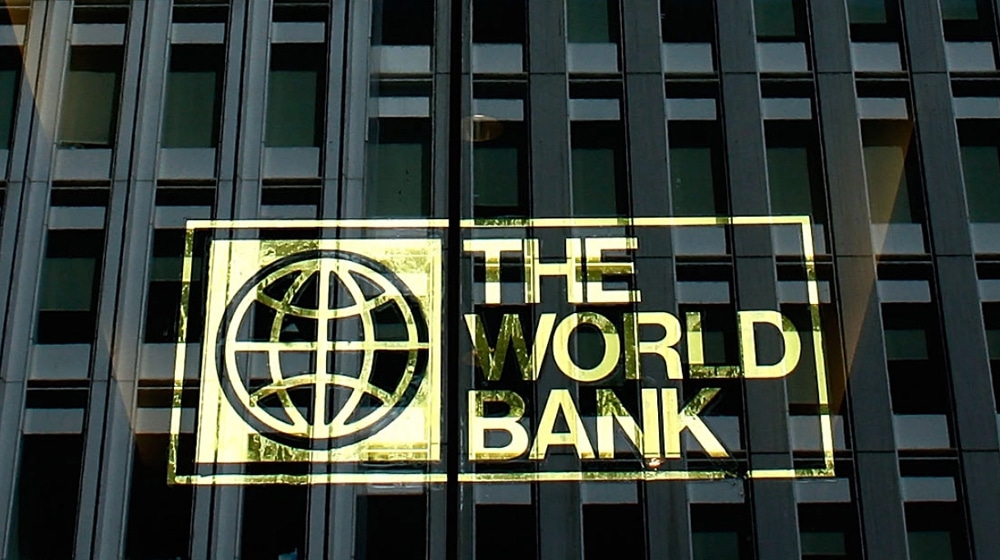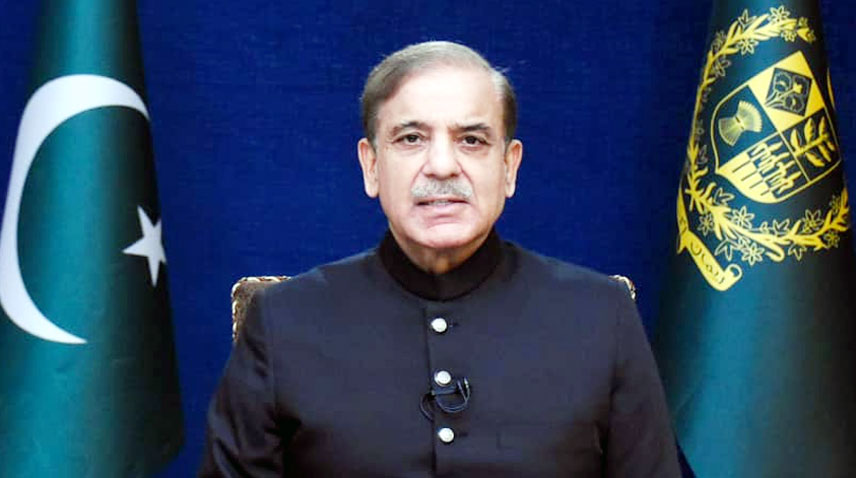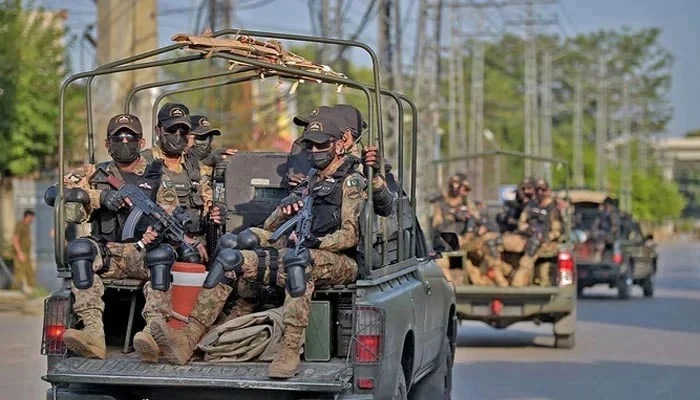The World Bank’s Board of Executive Directors has approved a $150 million project aimed at increasing the participation rates of girls and boys in pre-primary and primary grades and enhancing reading proficiency in primary grades in Punjab Province. The initiative, titled the “Getting Results: Access and Delivery of Quality Education Services in Punjab Project” (GRADES), focuses on improving learning outcomes, recovering from COVID-19-related learning losses, strengthening school management, and boosting school enrollment. This effort is expected to benefit approximately 5 million children, 7,000 headteachers, 165,000 teachers, and over 3,000 teacher mentors in both public schools and Punjab Education Foundation schools.
“Punjab has over 7 million out-of-school children. GRADES aims to significantly reduce this number and simultaneously improve foundational learning outcomes for those already in school,” stated Najy Benhassine, World Bank Country Director for Pakistan. The project’s strategy includes scaling up public-private partnerships, improving school readiness for young children, enhancing the quality and usage of teaching and learning materials, and assessments, as well as improving the overall learning environment in schools.
READ MORE: PTA Receives Over 18,000 Telecom Complaints in May
In light of Pakistan’s susceptibility to climate shocks, the project will adopt a climate-resilient approach, including the construction of about 5,400 additional climate-smart classrooms in primary schools. These classrooms will feature low-cost climate-smart elements such as raised plinths and reflective roofs.
The project will prioritize the reconstruction of schools damaged in the 2022 floods, focusing on girls’ schools, overcrowded schools, and schools in areas with high numbers of out-of-school children. Additionally, it will promote disability inclusion by making school infrastructure more accessible and integrating inclusive education principles in teacher coaching.
Izza Farrakh, Task Team Leader for the Project, highlighted the strong collaboration between the World Bank and the government of Punjab on education reform. “GRADES will build on this partnership to drive further innovation, such as climate-resilient classrooms and incorporating climate change education into the curriculum. These reforms will help create a safe and conducive learning environment while preparing the next generation to be more resilient to climate shocks and natural disasters.”





